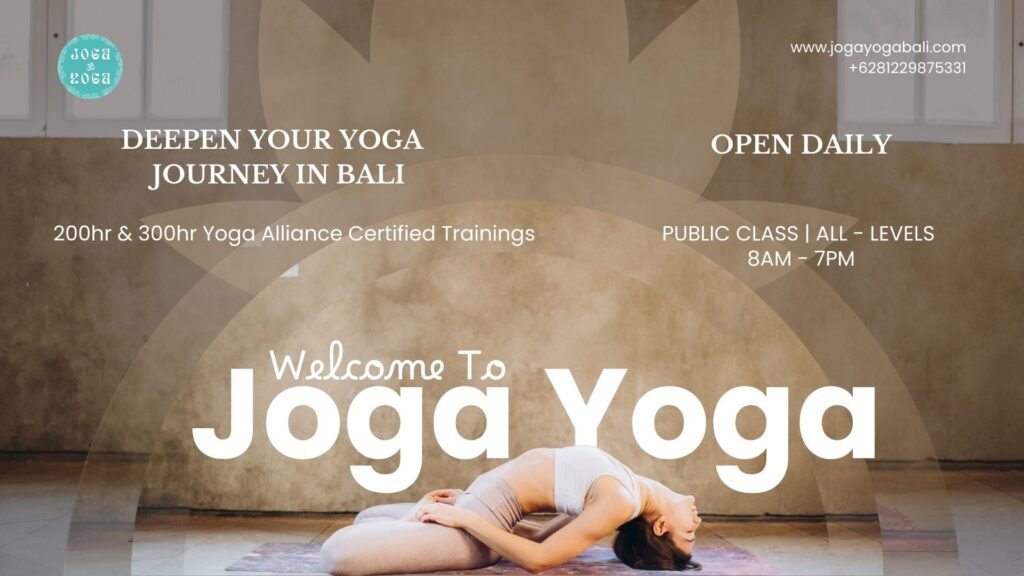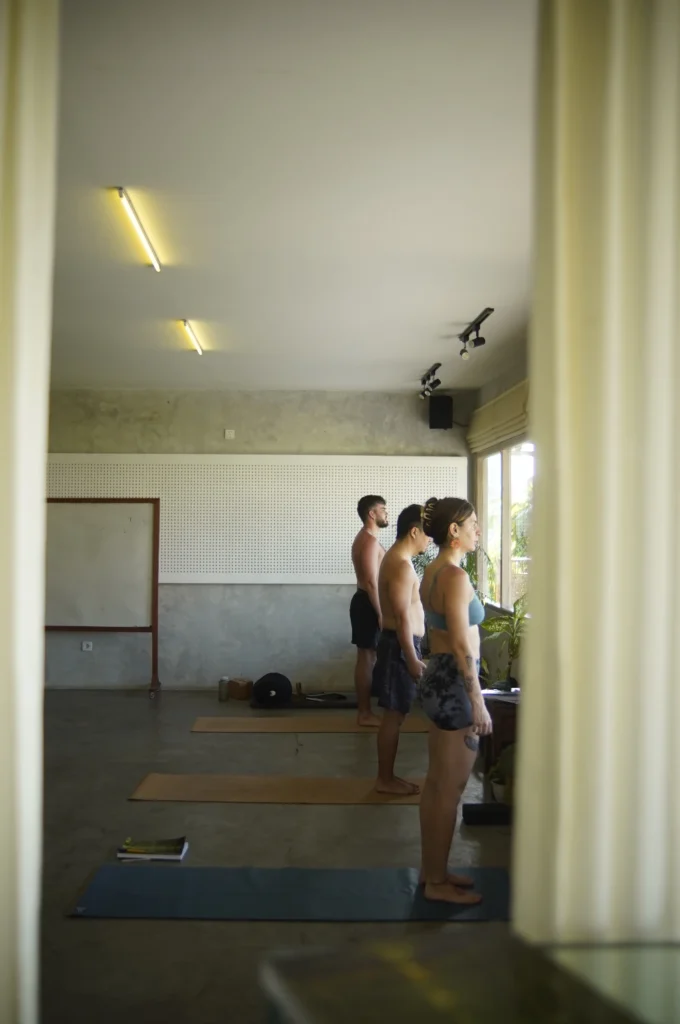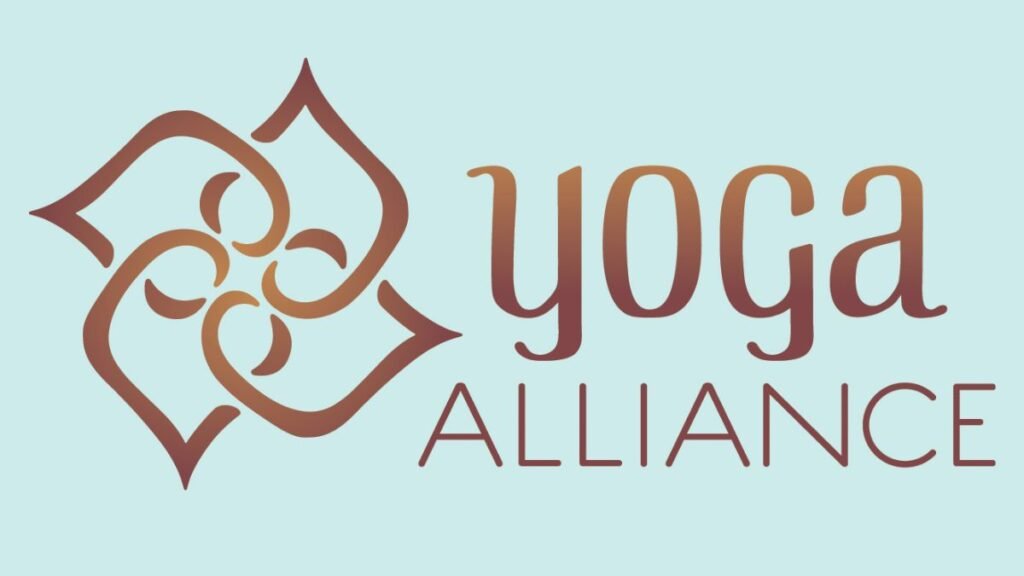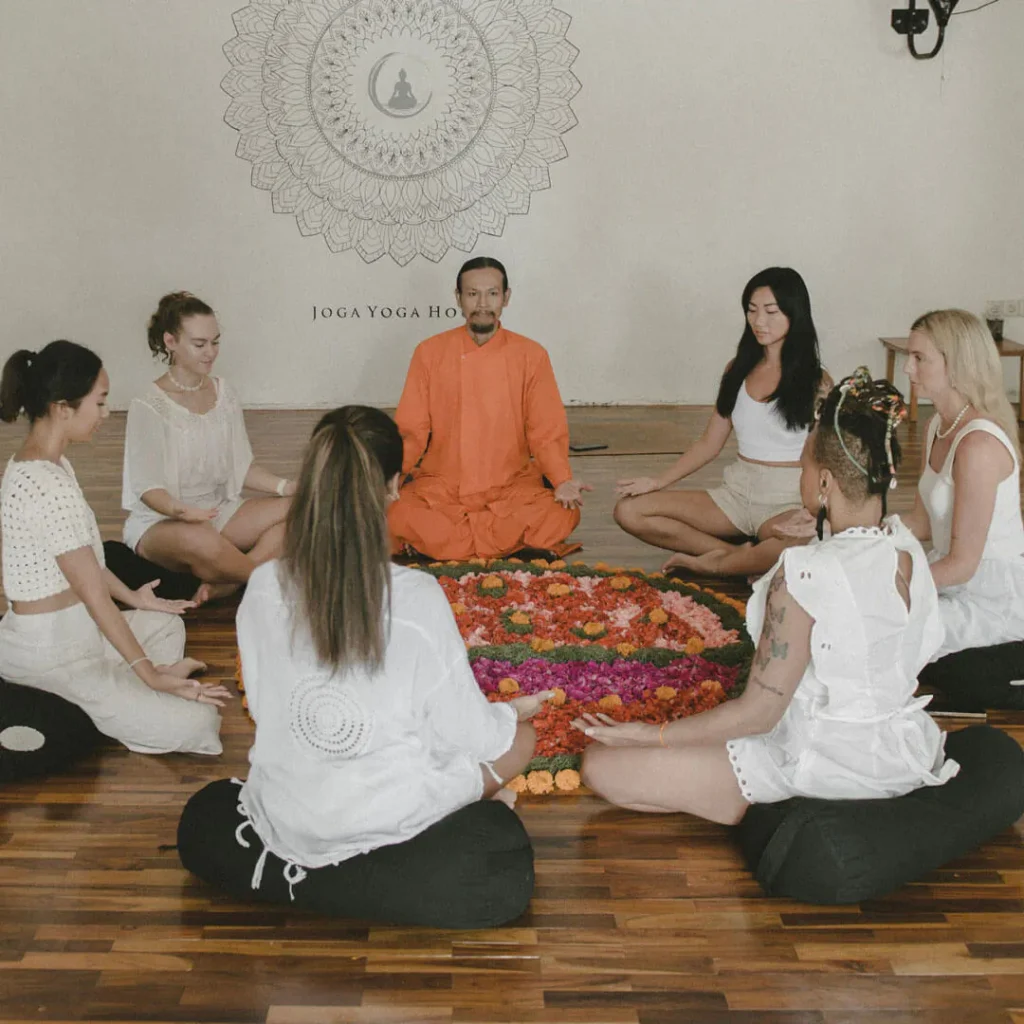Is Yoga Alliance Registration Really Necessary for Yoga Teachers?
If you are considering a career as a yoga teacher, you have probably come across Yoga Alliance. Many training programs, including those offered by Joga Yoga, mention Yoga Alliance registration as part of the certification process. But the real question is: do you actually need to be registered with Yoga Alliance to succeed as a yoga teacher in 2025?
The short answer is no, it is not legally required. However, the full picture is more complex. Yoga Alliance can provide credibility, resources, and opportunities, but it is not the only path to building a successful yoga career. In this updated guide, we will explore the benefits, criticisms, and alternatives so that you can make an informed decision about your teaching journey.

What Is Yoga Alliance, and Why Does It Matter in 2025?
Yoga Alliance is a nonprofit organization based in the United States that registers yoga teachers and schools worldwide. It was founded to create consistent standards for yoga education, and it remains the most widely recognized registry in the yoga industry.
In 2025, Yoga Alliance membership still offers several benefits:
- Directory Listing: A searchable global database where students and studios can find registered teachers.
- Credibility: Many studios, especially in North America, prefer or require Yoga Alliance credentials when hiring teachers.
- Continuing Education: Access to workshops, online resources, and CE credits to maintain registration.
- Insurance Discounts: Some liability insurance providers offer better rates for Yoga Alliance–registered teachers.
However, Yoga Alliance is not a governing body and does not license teachers in the same way that doctors, therapists, or school teachers are licensed. This means its registration is optional and serves primarily as an industry standard rather than a legal requirement.
Do You Legally Need Yoga Alliance to Teach Yoga?
One of the biggest misconceptions about Yoga Alliance is that it is required to teach. In reality, yoga is not a government-regulated profession in most countries.
- United States: No law requires Yoga Alliance certification, though many studios list it as a hiring preference.
- Europe: Requirements vary by country. In some places, other local organizations hold more influence than Yoga Alliance.
- India: The Ministry of AYUSH recognizes its own certifications and standards, meaning Yoga Alliance registration is not relevant for teaching within India.
- Online Teaching: Platforms and independent clients rarely ask for Yoga Alliance credentials. Instead, they focus on teaching skills and reputation.
So while Yoga Alliance can open doors, especially for new teachers looking to work in traditional studio environments, it is not a legal necessity. The ability to teach yoga depends more on your skills, knowledge, and how you connect with students than on whether you hold a Yoga Alliance card.
Benefits of Yoga Alliance Certification
While Yoga Alliance is not legally required, it still provides several advantages, especially for new teachers entering the profession.
Credibility and Recognition
For many studios, having an RYT (Registered Yoga Teacher) credential acts as proof that you have completed a recognized training program. This stamp of approval can make it easier to get hired when you are starting out. Students may also feel more comfortable choosing a teacher who has gone through a structured, standardized process.
Continuing Education and Resources
Yoga Alliance offers access to continuing education programs, including online workshops, professional development courses, and discounts with partner organizations. These resources help teachers stay up to date and motivated in their teaching journey. Maintaining RYT status requires completing continuing education hours, which ensures ongoing learning.
Insurance and Liability
Many insurance providers give better rates or require Yoga Alliance registration before offering professional liability coverage. This is an important factor if you plan to run classes independently or open your own studio. Having insurance also increases your credibility with clients, landlords, and event organizers.
Criticisms of Yoga Alliance
Despite its recognition, Yoga Alliance is not without controversy. Teachers and schools often raise concerns about its role in the industry.
Oversaturation of Teachers
With thousands of RYTs registered every year, some argue that Yoga Alliance contributes to an oversaturated job market. This makes it harder for new teachers to stand out. At Joga Yoga, we address this challenge by equipping teachers with unique skills that go beyond a certificate, such as hands-on teaching practice, personal branding, and mentorship.
Inconsistent Quality of Schools
Yoga Alliance sets minimum standards for schools, but not all registered programs go beyond the basics. Some schools meet the hour requirement without offering deep, practical knowledge. This inconsistency means that a Yoga Alliance stamp does not always guarantee a high-quality education. Joga Yoga goes well beyond these minimums to ensure graduates are fully prepared to teach.
Financial Considerations
There are costs associated with both teacher registration and school registration. For new teachers, this can feel like an unnecessary burden when they are just beginning their careers. Renewal fees are also required to keep the credential active.
Alternatives to Yoga Alliance
Yoga Alliance is not the only path to success as a yoga teacher. Many teachers thrive without it by focusing on personal development and community building.
Other Certifying Bodies
Outside the United States, other organizations hold more weight. For example:
- IAYT (International Association of Yoga Therapists) specializes in yoga therapy.
- National Yoga Boards in certain countries regulate standards independently of Yoga Alliance.
- YogaCert and other associations may be more locally recognized.
Building a Strong Personal Brand
In today’s yoga industry, a strong personal brand can be just as powerful as formal certification. Teachers who build a presence on Instagram, YouTube, or through local events can attract students directly, regardless of registration status. A well-developed website, authentic content, and consistent communication often matter more to students than a Yoga Alliance badge.
Networking and Word-of-Mouth
The most successful yoga teachers often grow through community trust. Building relationships with students, collaborating with other teachers, and getting referrals from happy clients can open more opportunities than a certificate ever will.

How Joga Yoga Goes Beyond Yoga Alliance Standards
At Joga Yoga, we recognize the value of Yoga Alliance registration but also understand its limitations. That is why our training goes further than the minimum standards required by any registry.
- In-Depth Anatomy and Alignment Training
Our programs focus on a deep understanding of body mechanics to ensure that graduates can teach safely and effectively across all levels of students. - Hands-On Teaching Experience
Instead of relying only on theory, we provide real-world teaching practice throughout the training. By the time you graduate, you will have taught actual classes, giving you confidence and readiness to step into a teaching role. - Personal Development and Mentorship
Yoga is not just about poses. It is about connection, growth, and mindfulness. Our programs emphasize mentorship and personal development so that you become not only a skilled teacher but also a well-rounded guide for your students. - Supportive Community
Joga Yoga builds a lifelong network. Graduates continue to stay connected, share opportunities, and grow together as teachers and practitioners.
This means that whether you choose to register with Yoga Alliance or not, your training with Joga Yoga will give you the skills and confidence to succeed in any teaching environment.

Should You Register with Yoga Alliance in 2025?
So, is Yoga Alliance registration necessary? The answer depends on your goals. If you want to teach in a studio that prefers or requires certification, it can be a valuable credential. If you plan to build an independent career through retreats, online classes, or personal branding, it may not be essential.
At Joga Yoga, our focus is on preparing you for success no matter which path you choose. We go beyond Yoga Alliance standards to ensure you leave with confidence, practical teaching skills, and a strong foundation for growth.
In the end, Yoga Alliance registration is just one piece of the puzzle. The true key to becoming a successful yoga teacher lies in your passion, dedication, and ability to connect with students.
👉 Ready to begin your yoga teaching journey? Explore Joga Yoga’s internationally recognized teacher training programs today.
FAQs – Direct Answers for 2025
Can I teach yoga without Yoga Alliance certification?
Yes. Yoga Alliance is not legally required in any country. Many successful teachers build careers through personal branding, teaching quality, and networking.
Which countries recognize Yoga Alliance certification?
Yoga Alliance is most widely recognized in the United States, Canada, and parts of Europe. In India and some other regions, local boards or organizations carry more weight.
Is RYT 200 enough to start teaching?
Yes. A 200-hour RYT program is the standard entry-level certification for teaching yoga. Many teachers begin their careers at this level and later pursue RYT 300 or 500 for advanced training.
How much does Yoga Alliance registration cost?
As of 2025, registration and renewal fees vary but generally include an initial application fee plus annual membership dues. Teachers should also budget for continuing education costs to maintain their status.
What happens if I do not renew my Yoga Alliance membership?
You lose access to the directory listing, resources, and any insurance discounts tied to Yoga Alliance, but you can continue teaching yoga as long as you have the skills and experience.






